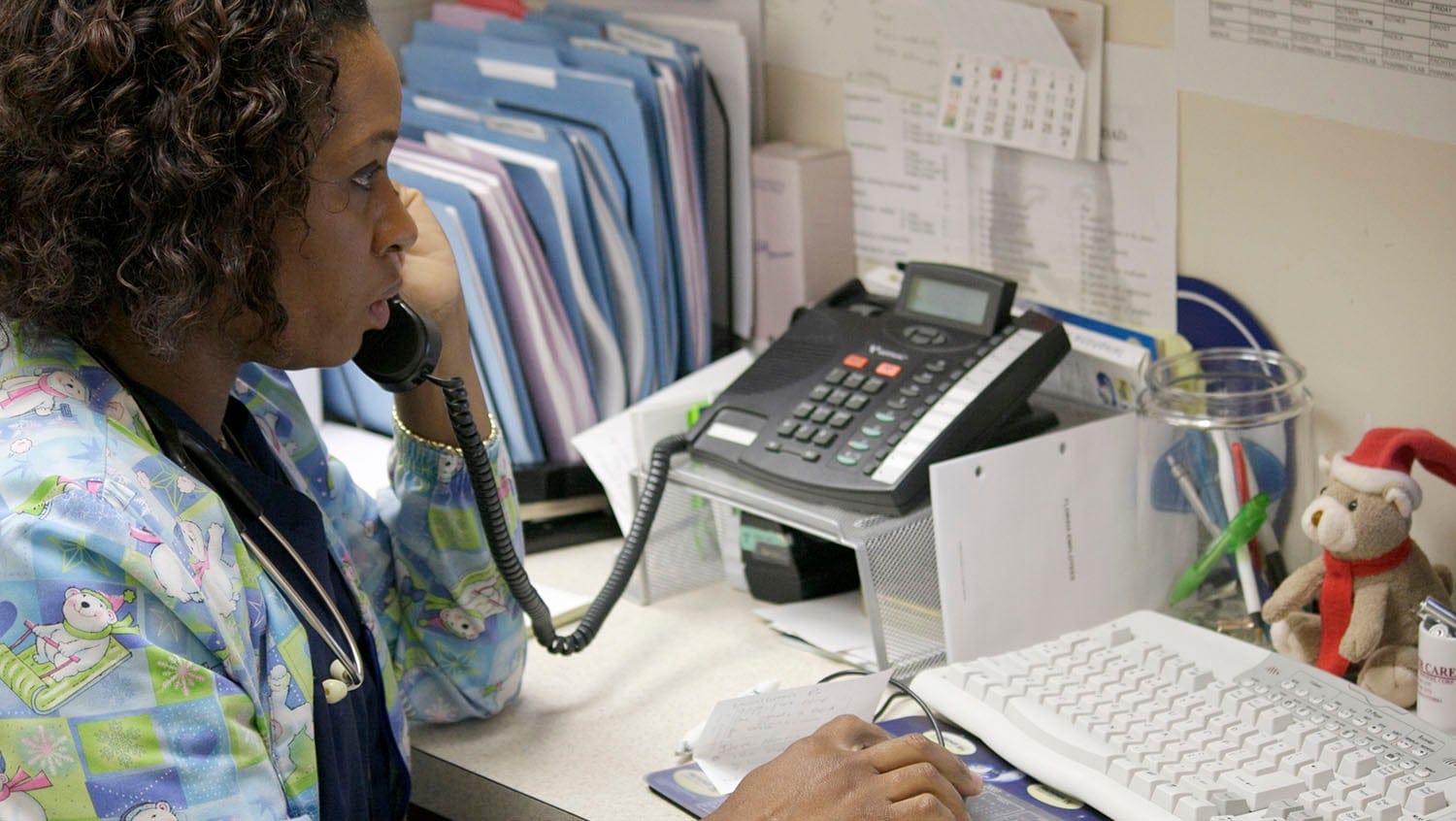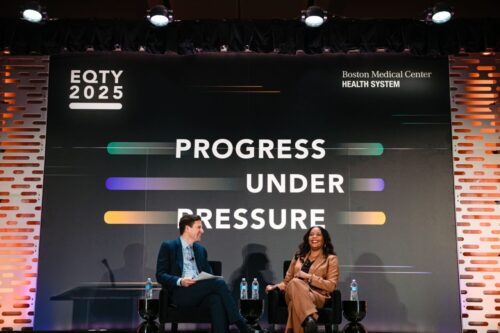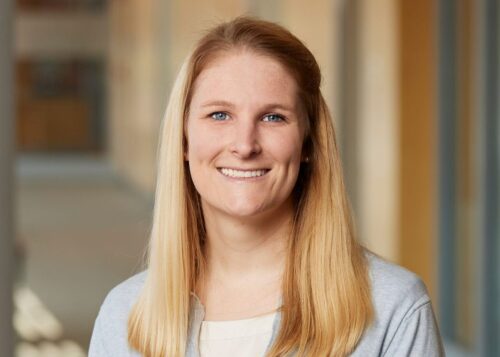Phoning It In: A Benefit When It Comes to Preoperative Evaluations
May 30, 2019

Phone consultations offered a safe and efficient method of delivering preoperative evaluations, a highly relevant finding for healthcare providers focused on value-based care.
THE BOTTOM LINE | Rising healthcare costs have been the focus of many conversations around the country. Studies such as this one seek ways to reduce costs by identifying superfluous or duplicative steps while maintaining the high standards of proper patient care. The finding that phone consults are just as or even more effective than the more time-consuming in-person evaluation is particularly impactful for accountable care organizations (ACOs), which operate under a value-based care program and are incentivized to provide better care at lower costs.
CONTEXT | Surgery to correct cataracts is the most commonly performed procedure in developed nations. With the number of patients undergoing this procedure increasing globally, more attention is being devoted to understanding how preoperative patient assessments can be made more efficient without compromising patient safety. History and physicals (H&Ps) are still required for all patients by the Centers for Medicare and Medicaid Services, and unlike routine preoperative medical testing, a standard H&P generally avoids costly tests such as complete blood counts or electrocardiograms. Still, it still requires time spent in clinic for the patient.
With roughly 44 million people enrolled in Medicare and more than 72 million people enrolled in Medicaid — along with approximately 3.6 million cataract surgeries being performed in the U.S. each year — alternatives to in-person preoperative assessments that reduce wasted time and costs for minor procedures are in the best interests of patients and providers.
STUDY OBJECTIVE | To determine whether obtaining a patient history and providing preoperative instructions by phone could substitute for the standard H&P for patients undergoing cataract surgery, while maintaining or improving the measured outcomes.
THE DETAILS | This study involved 4,966 patients scheduled to have cataract surgery at Boston Medical Center, of which 2,055 underwent phone visits and 2,911 were given standard H&Ps.
FINDINGS | Phone consultations offered a safe and efficient method of delivering preoperative evaluations. For all patients that participated in the study, there were no unplanned admissions and no mortalities within 30 days following surgery. Furthermore, non-compliance rates for phone visits were significantly lower compared to standard H&Ps (13% versus 21%, respectively). Same-day surgery cancelations were also significantly lower.
Furthermore, phone interviews took just 15 minutes, compared to the 45 minutes eaten up by the standard H&P. Compounded, this saved an additional 27 hours per week and allowed three times as many patients to be seen.
PULL QUOTE | “Based on our results, we believe the universal application of independent and complete in-person H&Ps for patients undergoing cataract surgery is not medically necessary for most patients, represents low-value care, and increases visit burden.”
Source. Subramanian, ML et al. (2019). Phone Interviews for Preoperative Medical Evaluation for Cataract Surgery. Journal of General Internal Medicine.



